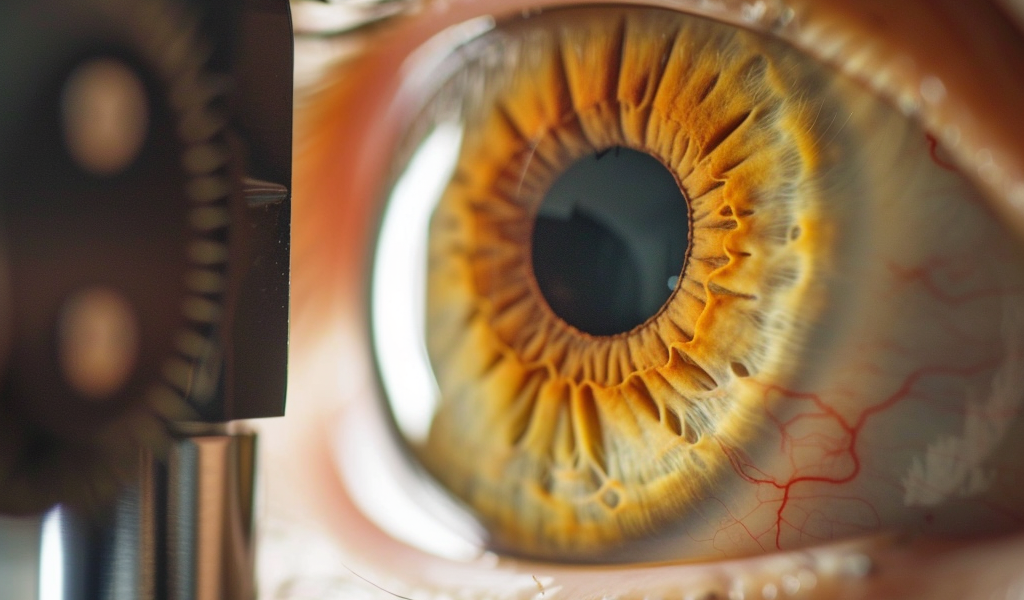A recent study has shown promising results in using eye tests to predict the progression of Parkinson’s disease. Researchers have found that measuring the thickness of the retina through optical coherence tomography can help monitor neurodegeneration in Parkinson’s patients.
The study, conducted from 2015 to 2021, revealed a significant thinning of the retinal layer in Parkinson’s patients, which was correlated with the severity of the disease. This suggests that changes in the retina could serve as an early indicator of cognitive and motor decline in Parkinson’s disease.
By identifying retinal degeneration before the onset of other symptoms, routine eye exams could potentially become a non-invasive tool for predicting the future severity of Parkinson’s symptoms. This could lead to more targeted treatment strategies and better clinical outcomes for patients.
Dr. Ane Murueta-Goyena, a researcher involved in the study, highlighted the importance of being able to predict disease progression in Parkinson’s patients. The variability in the evolution of the disease makes it challenging for neurologists to provide accurate prognoses, but monitoring retinal thickness could offer valuable insights into the potential cognitive decline and disease progression.
While there are still some aspects that need further confirmation for clinical use and improvements in resolution, the study’s findings suggest that routine eye exams could play a significant role in monitoring neurodegeneration in Parkinson’s patients. This innovative approach could revolutionize the way Parkinson’s disease is managed and provide patients with more personalized and effective treatment options.





